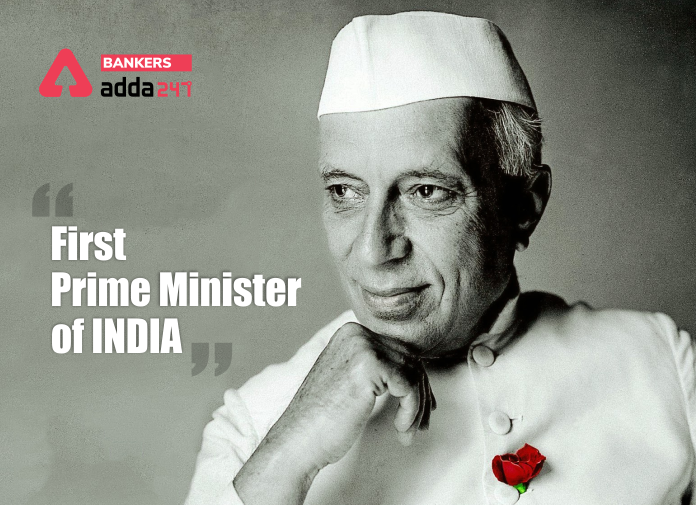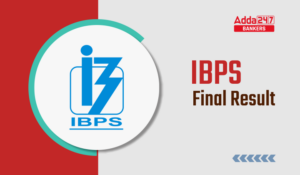Jawaharlal Nehru was elected the first prime minister of independent India. He also holds the distinction of being the longest-serving prime minister of the country. He was a formidable figure in the Indian political scene. Even before independence, he was an active member of the Indian National Congress.
First Prime Minister of India
| Name | Jawaharlal Nehru |
| Birth | 14 November 1889 Allahabad, North-Western Provinces, British India (present-day Uttar Pradesh, India) |
| Party | Indian National Congress |
| Elected Constituency | Phulpur, Uttar Pradesh |
| Succeeded by | Gulzarilal Nanda |
| Death | 27 May 1964 (aged 74) New Delhi, Delhi, India |
| Awards | Bharat Ratna (1955) |
Born in a well to do family, he got tutored at home in Allahabad. For higher education, England was the choice, and Cambridge University became his alma mater. After completing his education, his return to India was significant from a political stance. He actively took the plunge into the political sphere. You could see that coming because, as a young student, he was genuinely interested in the struggle that nations were having to free themselves from foreign domination.
When in India, he knew that India had to get freed, and he had to do something about it. It all began with his participation in the meet of the Bankipore congress. He went on to become the secretary of the Home rule league. Years later, he had a chance meeting with Mahatma Gandhi, who he was mighty impressed with and felt the need to be inspired and follow his direction. So during the non-cooperation movement, Nehru was jailed twice; this didn’t stop him, and he got jailed several times more.
Nehru was part of the civil disobedience, salt satyagraha, Quit India movement, many more such demonstrations under the able guidance of Gandhi. When in Almora’s jail, he got a chance to complete his autobiography. He visited several countries and gathered support for Indian independence from the British rule.
He headed the interim government in 1946. He officially became the first prime minister of India in 1947 on 15th August and went to be the prime minister till 1952. His inaugural address to the nation in the wake of independence was called ‘tryst with destiny.’
Nehru’s first job has a prime minister tight as he has to integrate all the princely states. The most important is to get a new constitution in place. There was a lot to do in several spheres to build India into a formidable nation once again. It was not possible to make this happen immediately because most of the resources got depleted. Since the British left and the creation of Pakistan has created a crisis of sorts for integrating the refugees into the mainstream and making India self-sufficient once again.
Also Read,
- Corona Relief Package: List of Economic Stimulus Package Announced by FM Nirmala Sitharaman
- SBI Clerk Mains Likely To Be Postponed
States had to get created based on language. He had to look into India’s agricultural policies as India then had a significant dependency on agriculture only. A lot of agrarian reforms had to get brought into place. He advocated for the mixed economy and import substitution industrialization.
There were several social policies like education, marriage laws, reservations for oppressed communities, work on the language policy, etc. Many great institutions got set up during Nehru’s tenure that are still primer institutions of the country till today. He made laws against caste discrimination. He got the special marriage Act bill passed.
He had to build on the defense system of the country and work on foreign policies as well. India followed the non-alignment policy and opposed military action as well as alliances for war against other countries. Nuclear systems were needed for developing and defending Kashmir. Maintaining relations with immediate neighbors were all on Nehru’s agenda.
It has got known that Nehru was considered the architect of India. He got loved by children and fondly called Chacha Nehru; hence his birthday is commemorated as Children’s day.
Click Here to Register for Bank Exams 2020 Preparation Material
Also Check,



 IBPS Final Result 2025 Coming Out Tomorr...
IBPS Final Result 2025 Coming Out Tomorr...
 Simple Tips to Avoid Common Mistakes In ...
Simple Tips to Avoid Common Mistakes In ...
 Important Topics & Shortcuts for IDB...
Important Topics & Shortcuts for IDB...


